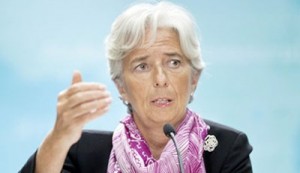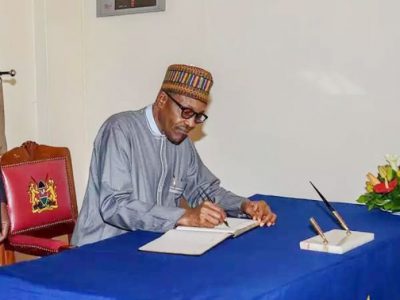IMF tasks Nigeria on fiscal reforms, subsidy

The International Monetary Fund (IMF), has advised the federal government to adopt a stringent approach on public spending to ameliorate the adverse effects of plummeting oil price on the citizens.
Fiscal prudence and removal of all forms of subsidies often funded with public resources, the IMF noted, should be among options left for Nigeria and other oil exporting countries to overcome the threats posed by dwindling crude prices at the international markets.
IMF Managing Director, Christine Lagarde, who fielding questions at the ongoing spring meetings of the IMF/ World Bank in Washington DC, USA, also noted that although the Nigerian government has been talking about economic diversification in the country, the impact remained to be seen on the people and the economy as a whole, urging the government to take more concrete steps to stem the vulnerability that could arise in the face of the falling oil prices.
Since mid-June of 2014, Nigeria and other Organisation of Petroleum Exporting Countries (OPEC) have suffered an over 50 per cent loss in crude oil prices, thereby affecting budget implementation and other obligations.
In a bid to manage the development, the Federal Government late last year rolled out a cocktail of belt-tightening measures aimed at minimising the vulnerability arising from the attendant revenue losses from oil exports.
Such belt tightening measures include surcharges on some luxury consumption, reduction in overseas trainings by government officials, voluntary cut in National Assembly budget, salaries of President Goodluck Jonathan and other top government functionaries as well as State House budget.
About 70 per cent of Nigeria’s revenue is derived from sale of crude petroleum products.







